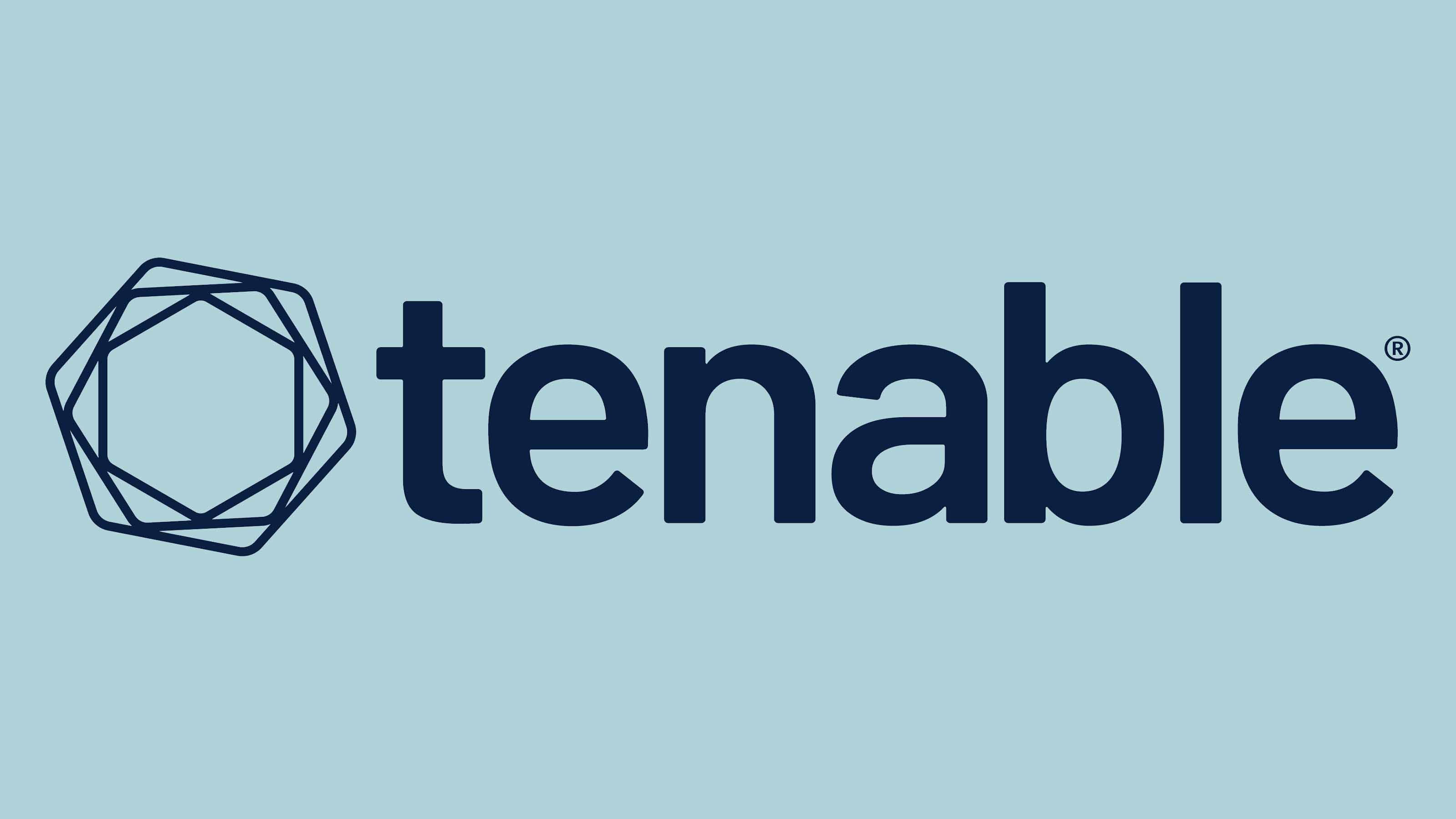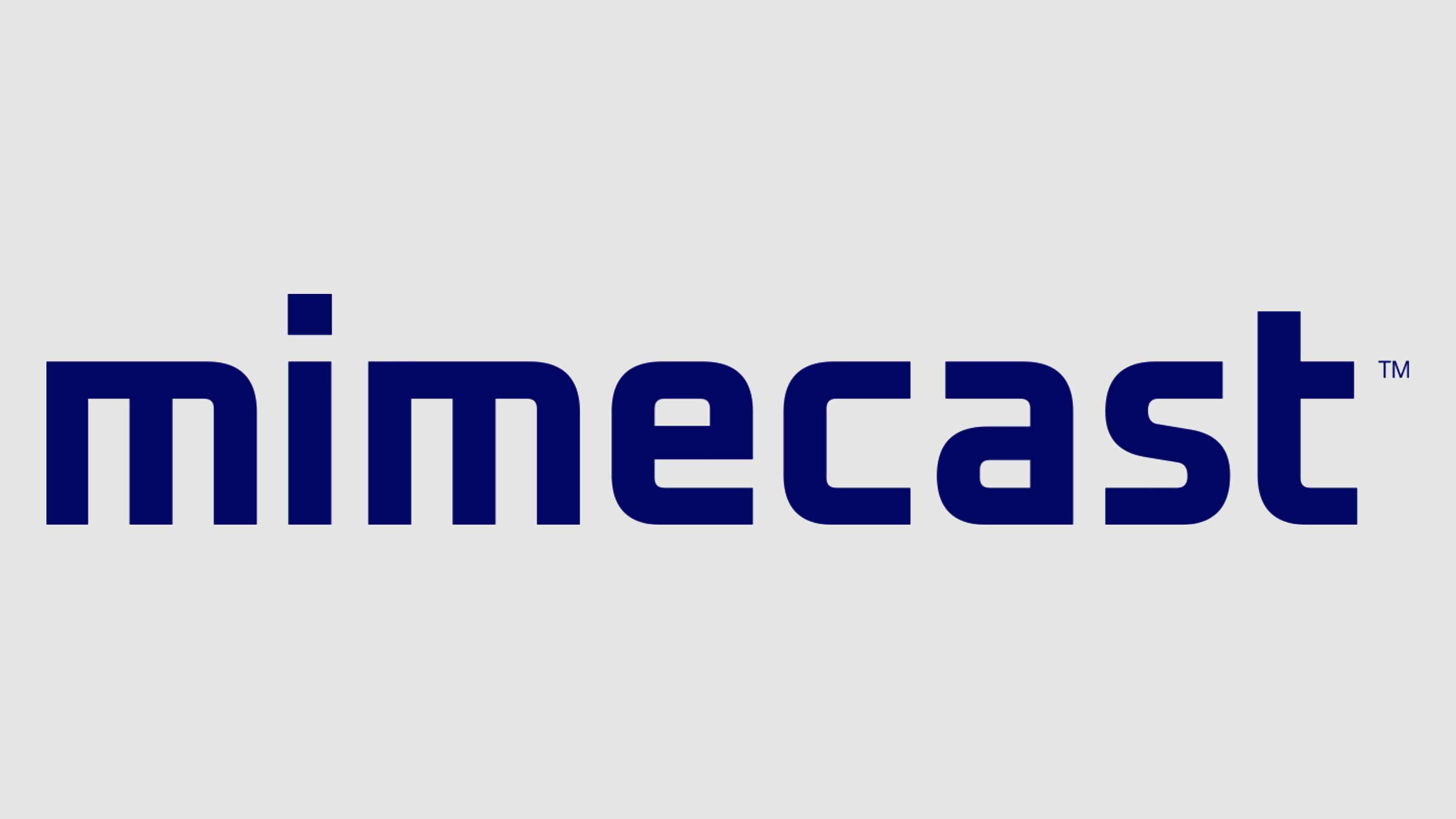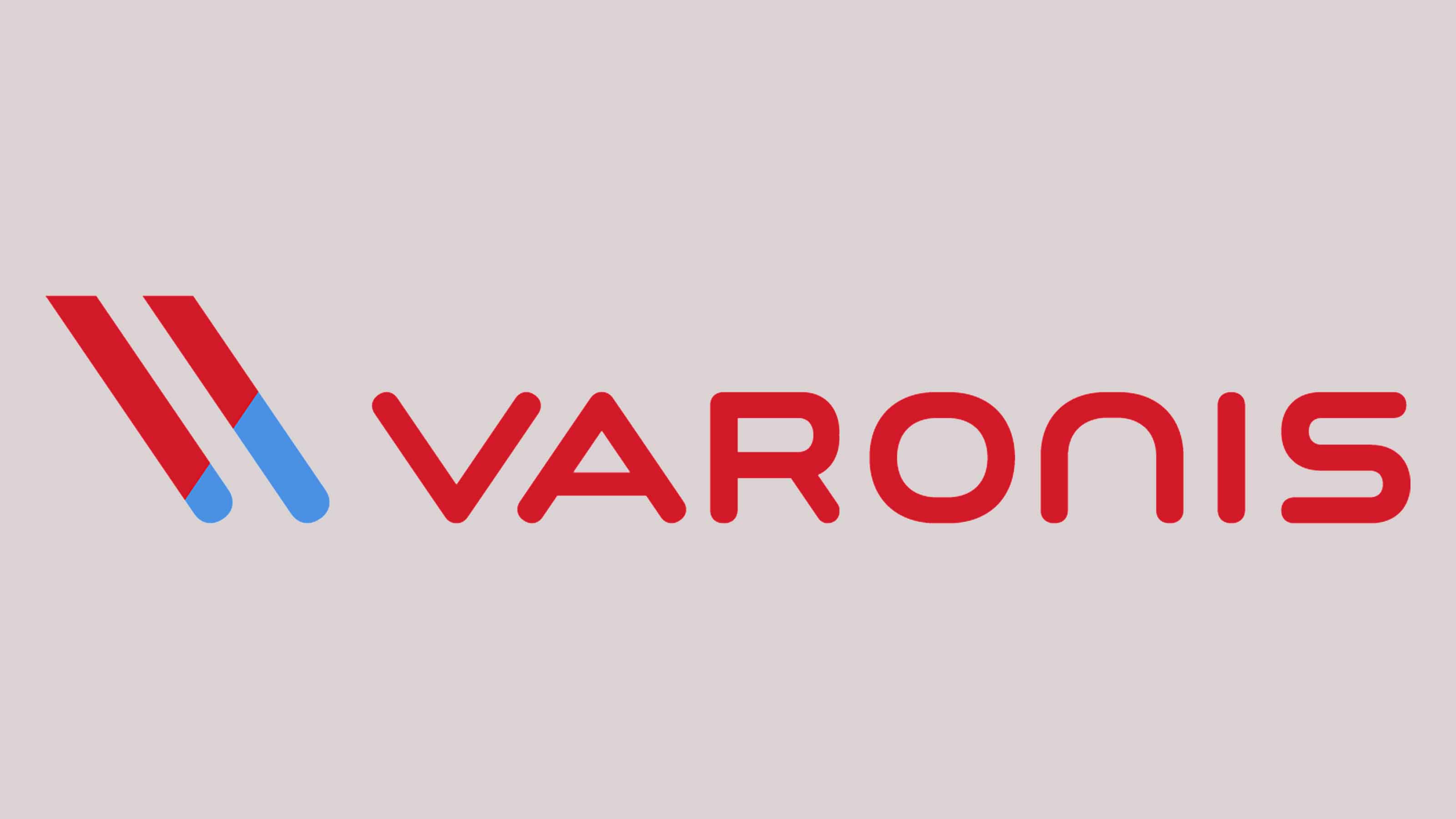3 Cybersecurity Stocks to Buy for Under $100
Cybersecurity stocks are a popular long-term growth bet, but many of them carry hefty price tags in triple digits. Here are three affordable picks worthy of a second look.


Profit and prosper with the best of Kiplinger's advice on investing, taxes, retirement, personal finance and much more. Delivered daily. Enter your email in the box and click Sign Me Up.
You are now subscribed
Your newsletter sign-up was successful
Want to add more newsletters?

Delivered daily
Kiplinger Today
Profit and prosper with the best of Kiplinger's advice on investing, taxes, retirement, personal finance and much more delivered daily. Smart money moves start here.

Sent five days a week
Kiplinger A Step Ahead
Get practical help to make better financial decisions in your everyday life, from spending to savings on top deals.

Delivered daily
Kiplinger Closing Bell
Get today's biggest financial and investing headlines delivered to your inbox every day the U.S. stock market is open.

Sent twice a week
Kiplinger Adviser Intel
Financial pros across the country share best practices and fresh tactics to preserve and grow your wealth.

Delivered weekly
Kiplinger Tax Tips
Trim your federal and state tax bills with practical tax-planning and tax-cutting strategies.

Sent twice a week
Kiplinger Retirement Tips
Your twice-a-week guide to planning and enjoying a financially secure and richly rewarding retirement

Sent bimonthly.
Kiplinger Adviser Angle
Insights for advisers, wealth managers and other financial professionals.

Sent twice a week
Kiplinger Investing Weekly
Your twice-a-week roundup of promising stocks, funds, companies and industries you should consider, ones you should avoid, and why.

Sent weekly for six weeks
Kiplinger Invest for Retirement
Your step-by-step six-part series on how to invest for retirement, from devising a successful strategy to exactly which investments to choose.
Cyberattacks on corporate and government targets have grown at an alarming rate for years. As a result, investors are increasingly turning to cybersecurity stocks as a reliable place for profits.
Every so often, a major event reminds investors of the world's need for better cybersecurity. For instance, at the end of 2020, attackers targeted SolarWinds (SWI), which provides software for more than 300,000 customers, from Fortune 500 companies to the federal government. Thousands of customers' information was compromised. Six months later, a hack of Colonial Pipeline sent gas prices soaring through parts of the United States.
Consider that even amid the market's recent conniptions, the Global X Cybersecurity ETF (BUG) remains up 35% over the past year, versus 23% for the S&P 500. Since inception in October 2019, the exchange-traded fund is up 96% versus the index's 51%.
An ETF is one way to gain exposure to cybersecurity. But for investors who prefer more concentrated wagers on individual stocks, there are numerous great companies in this space. Just one problem for some retail investors: Several cybersecurity stocks trade for a pretty penny. Industry leaders Zscaler (ZS) and Fortinet (FTNT) trade north of $300 per share, while Palo Alto Networks (PANW) is well over $500. That might be no big deal for some investors, but for others – especially younger investors – with little capital to work with, those prices represent a significant hurdle.
That's why today, we're going to take a look at three great cybersecurity stocks that each trade for less than $100 per share. Each of these stocks can provide significant exposure to some great growth opportunities in cybersecurity, and they're all accessible to portfolios of just about any size.
Data is as of Dec. 1. Average price targets and analyst ratings provided by market data tool Koyfin.

Tenable Holdings
- Market value: $5.0 billion
- 12-month average price target: $65.00
- Consensus analyst rating: Strong Buy (16 analysts)
Tenable Holdings (TENB, $46.68) provides software-as-a-service and on-premises cybersecurity solutions. Founded in 2002, the company secures systems against traditional and modern attacks. The company even provides vulnerability assessment solutions to help customers better understand their own cybersecurity needs.
This has all paid off well for TENB, which has grown from a roughly $2 billion company five years ago to $5 billion presently.
Most recently, during their Oct. 26 third-quarter earnings call, Tenable announced that current billings grew 25% year-over-year to $166.9 million, exceeding analyst expectations. This result was powered primarily by their cloud computing products. Also notable was traction in newly acquired operational technology offerings from Alsid, which allows Tenable to assess the security states not only of digital infrastructures but also Active Directory domains.
Jonathan Ho, an analyst at William Blair who rates TENB at Outperform (equivalent of Buy), was "encouraged by the strong performance this quarter." He believes long-term, Tenable will continue to see strong growth encouraged by the world's need for improved cybersecurity.
Stifel analyst Brad Reback (Buy), meanwhile, says the company will continue to benefit from "an expanding product set that can effectively meet the growing cybersecurity needs of its customer base."
Tenable Holdings is easily one of the best cybersecurity stocks under $100 right now, according to analysts. Among the 16 pros surveyed by Koyfin, six give it a Strong Buy rating, and the remaining 10 give it a Buy. That's good for a Strong Buy consensus rating in Koyfin's eyes. Meanwhile, a 12-month average analyst price target of $65.00 implies nearly 40% upside over the next year or so.

Mimecast
- Market value: $5.1 billion
- 12-month average price target: $83.87
- Consensus analyst rating: Buy
Mimecast (MIME, $76.34) is the worst-rated pick among these three under-$100 cybersecurity stocks, and it still earns a solid consensus Buy rating, according to the 15 analysts surveyed by Koyfin. Specifically, four analysts rate MIME at Strong Buy, six call it a Buy and the remaining five say it's a Hold; the stock has no Sell or Strong Sell recommendations.
Mimecast provides cloud-based security of corporate information and communications. This offers email protection beyond what most mail servers are capable of providing. And the company's security systems protect against malicious URLs and attachments, viruses, phishing attacks and many other cyberthreats.
Needham analyst Alex Henderson (Buy) says MIME's micro-services architecture gives them "substantial advantages in delivering new features."
"We believe Mimecast is one of the premier companies protecting against email-borne threats," he adds. And since email is at the core of today's corporate communications, it remains "a large and pervasive threat vector."
At its Nov. 2 earnings call, Mimecast reported $147.2 million in revenue for its fiscal Q2 2022, up 16% year-over-year on a constant-currency basis. Meanwhile, adjusted earnings of 40 cents per share easily cleared analysts' expectations for 33 cents.
One of the only major drawbacks of MIME shares right now is valuation. An average 12-month price target of $83.87 results in a decent (but not outstanding) projected return of about 10% from current levels. Meanwhile, a forward price-to-earnings ratio of 62 and a price/earnings-to-growth ratio of 2.0 both indicate that Mimecast is much more expensive than the broader market and technology sector alike.
While Wall Street is largely high on the company, those on the sidelines are largely concerned with price. More value-minded investors might want to wait for cheaper levels before diving in.

Varonis Systems
- Market value: $5.4 billion
- 12-month average price target: $74.35
- Consensus analyst rating: Strong Buy
Varonis Systems (VRNS, $50.20) was included on Kiplinger's list of small-cap stocks to buy for the rest of 2021, and very little has changed in the investment thesis for this company since then.
Varonis Systems' software allows corporations to secure data stored on premises or in the cloud. And this has proven to be very lucrative for the company, which has swelled from $750 million in market value back in late 2017 to well more than $5 billion today.
On a Nov. 2 earnings call, CEO Yaki Faitelson announced Q3 2021 was the first quarter where the company surpassed $100 million in revenue. This is primarily due, he says, to the world becoming even more aware of how important secure data is to doing business today.
Wedbush analyst Dan Ives (Outperform) says the company's "ability to further penetrate its customer base is playing out." He adds that this "sets the stage for a few more 'beat and raise' specials over the next few quarters."
William Blair's Jason Ader, who also has VRNS at Outperform, says the company will "continue to see strong upside potential," based primarily on its moat, limited competition and expanding licensing opportunities.
Of the 21 analysts surveyed by Koyfin who cover this stock, six currently rate it as a Strong Buy, 12 as a Buy and only three as a Hold. That's enough for Koyfin to consider this stock a Strong Buy, and makes VRNS one of the best cybersecurity stocks in the eyes of the pros.
Meanwhile, an average price target of $74.35 implies a whopping 48% in upside over the next 12 months.
Profit and prosper with the best of Kiplinger's advice on investing, taxes, retirement, personal finance and much more. Delivered daily. Enter your email in the box and click Sign Me Up.

Michael Adams's financial writing career has spanned roles with KCI Communications, The Motley Fool, InvestorPlace, InvestingDaily and other major financial publishing outlets. Michael’s personal investing style is based on a buy-and-hold approach of primarily up-and-coming tech businesses. He uses fundamental analysis to find great companies with the possibility for tremendous growth over the course of years.
-
 Dow Adds 1,206 Points to Top 50,000: Stock Market Today
Dow Adds 1,206 Points to Top 50,000: Stock Market TodayThe S&P 500 and Nasdaq also had strong finishes to a volatile week, with beaten-down tech stocks outperforming.
-
 Ask the Tax Editor: Federal Income Tax Deductions
Ask the Tax Editor: Federal Income Tax DeductionsAsk the Editor In this week's Ask the Editor Q&A, Joy Taylor answers questions on federal income tax deductions
-
 States With No-Fault Car Insurance Laws (and How No-Fault Car Insurance Works)
States With No-Fault Car Insurance Laws (and How No-Fault Car Insurance Works)A breakdown of the confusing rules around no-fault car insurance in every state where it exists.
-
 Dow Adds 1,206 Points to Top 50,000: Stock Market Today
Dow Adds 1,206 Points to Top 50,000: Stock Market TodayThe S&P 500 and Nasdaq also had strong finishes to a volatile week, with beaten-down tech stocks outperforming.
-
 Stocks Sink With Alphabet, Bitcoin: Stock Market Today
Stocks Sink With Alphabet, Bitcoin: Stock Market TodayA dismal round of jobs data did little to lift sentiment on Thursday.
-
 Dow Leads in Mixed Session on Amgen Earnings: Stock Market Today
Dow Leads in Mixed Session on Amgen Earnings: Stock Market TodayThe rest of Wall Street struggled as Advanced Micro Devices earnings caused a chip-stock sell-off.
-
 Nasdaq Slides 1.4% on Big Tech Questions: Stock Market Today
Nasdaq Slides 1.4% on Big Tech Questions: Stock Market TodayPalantir Technologies proves at least one publicly traded company can spend a lot of money on AI and make a lot of money on AI.
-
 Fed Vibes Lift Stocks, Dow Up 515 Points: Stock Market Today
Fed Vibes Lift Stocks, Dow Up 515 Points: Stock Market TodayIncoming economic data, including the January jobs report, has been delayed again by another federal government shutdown.
-
 Stocks Close Down as Gold, Silver Spiral: Stock Market Today
Stocks Close Down as Gold, Silver Spiral: Stock Market TodayA "long-overdue correction" temporarily halted a massive rally in gold and silver, while the Dow took a hit from negative reactions to blue-chip earnings.
-
 Nasdaq Drops 172 Points on MSFT AI Spend: Stock Market Today
Nasdaq Drops 172 Points on MSFT AI Spend: Stock Market TodayMicrosoft, Meta Platforms and a mid-cap energy stock have a lot to say about the state of the AI revolution today.
-
 S&P 500 Tops 7,000, Fed Pauses Rate Cuts: Stock Market Today
S&P 500 Tops 7,000, Fed Pauses Rate Cuts: Stock Market TodayInvestors, traders and speculators will probably have to wait until after Jerome Powell steps down for the next Fed rate cut.
